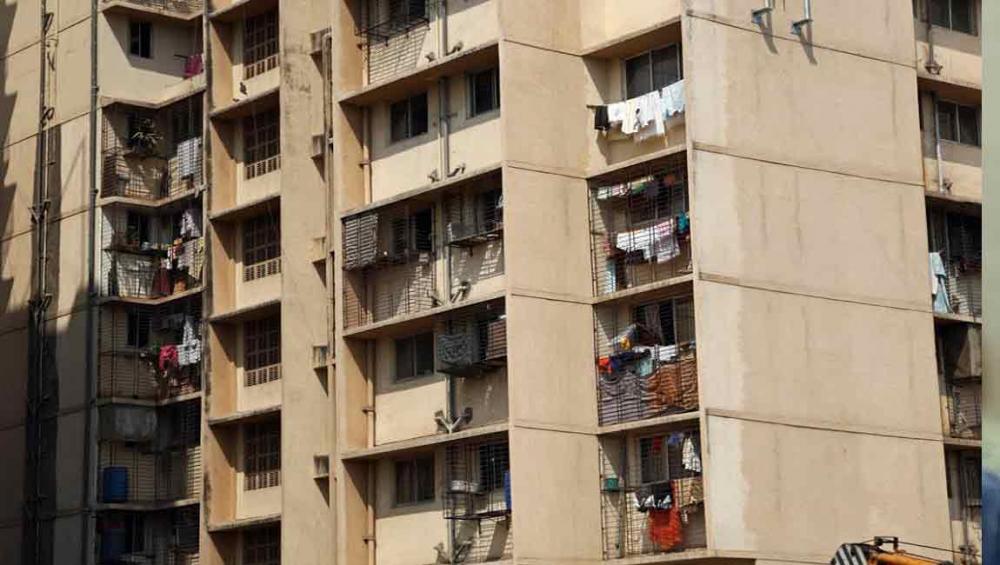Just Earth News | @@justearthnews | 06 Jul 2017

World Bank
“This is not a unique case. Families in developed and developing countries are faced with similar situations,” said Rodrigo Uprimny, a member of the Geneva-based Committee on Economic, Social and Cultural Rights.
The Committee issued their findings after considering a complaint by a couple, who were evicted from their Madrid home in 2013 with their children, aged one and three.
“Through our decision we reaffirm that all people, including those who live in rented accommodation, have the right to housing. States have a duty to ensure that their evictions do not render them homeless,” he added.
In 2012, the couple stopped receiving unemployment benefits and were unable to continue paying the rent. In its findings, the Committee noted that although the eviction by court order was legal, the authorities had not taken all the necessary steps to provide the family with alternative housing.
“States have an obligation, to the maximum of their available resources, to provide alternative housing to those evicted who are in need. It is for the State concerned to show that it took all the necessary steps but was unable to grant the evicted people with alternative housing,” Uprimny underscored.
Virginia Bras Gomes, Chair of the Committee, noted that this case revealed the extent to which institutional failures, such as the high rate of unemployment, lack of adequate social policies and poor coordination between agencies, were at the root of alarming human rights violations.
“States must respect their international obligations and urgently tackle these causes to create adequate conditions for the people in need,” she stressed.
The Committee urged Spain, a State party to the International Covenant on Economic, Social and Cultural Rights, to take all necessary measures to help the family obtain adequate housing and pay them compensation.
Spain was also asked to put into operation a comprehensive plan to guarantee the right to adequate housing for people with low incomes.
The Committee considered the case under the Optional Protocol to the Covenant, which gives it the authority to examine individual complaints.